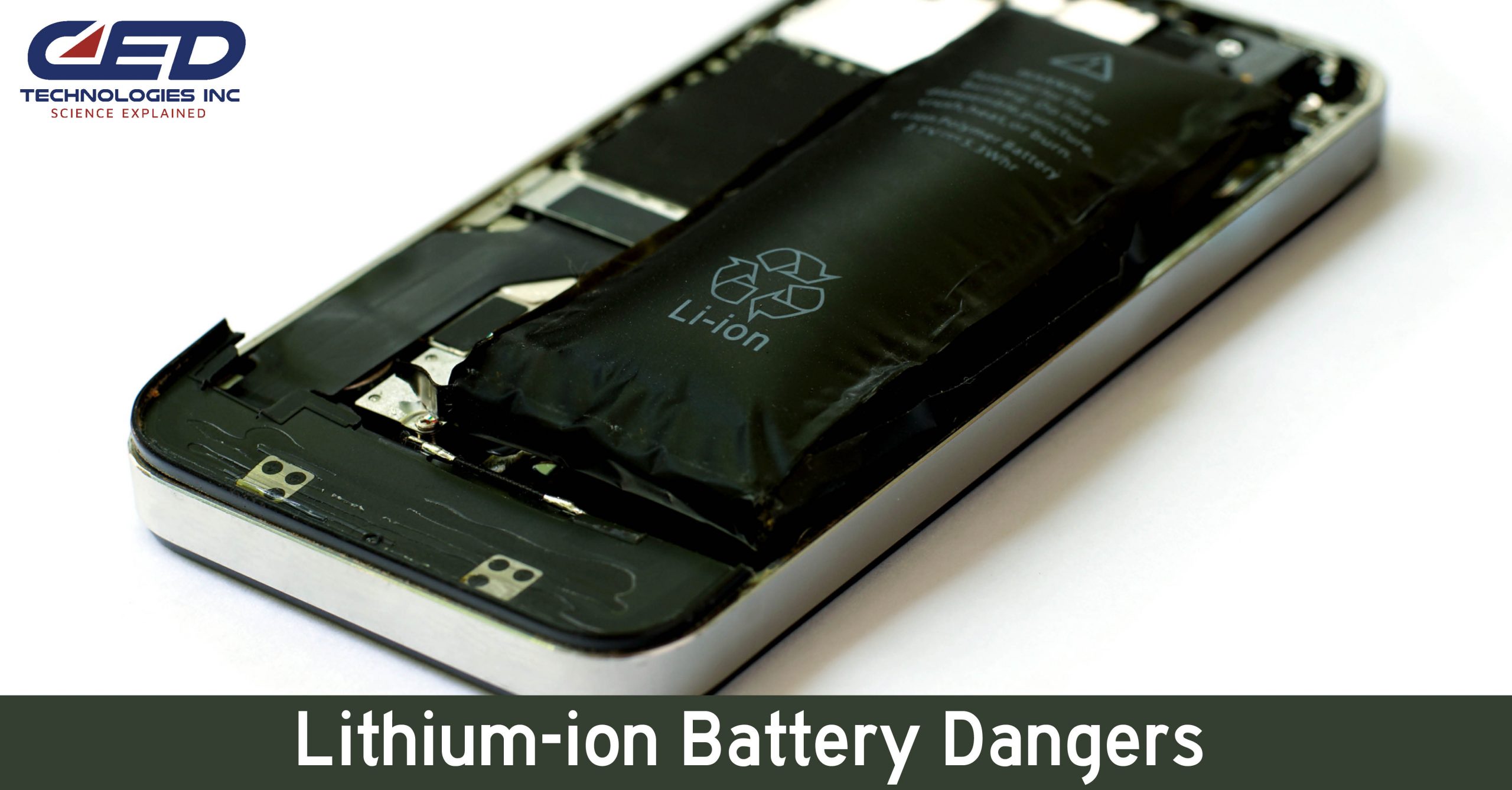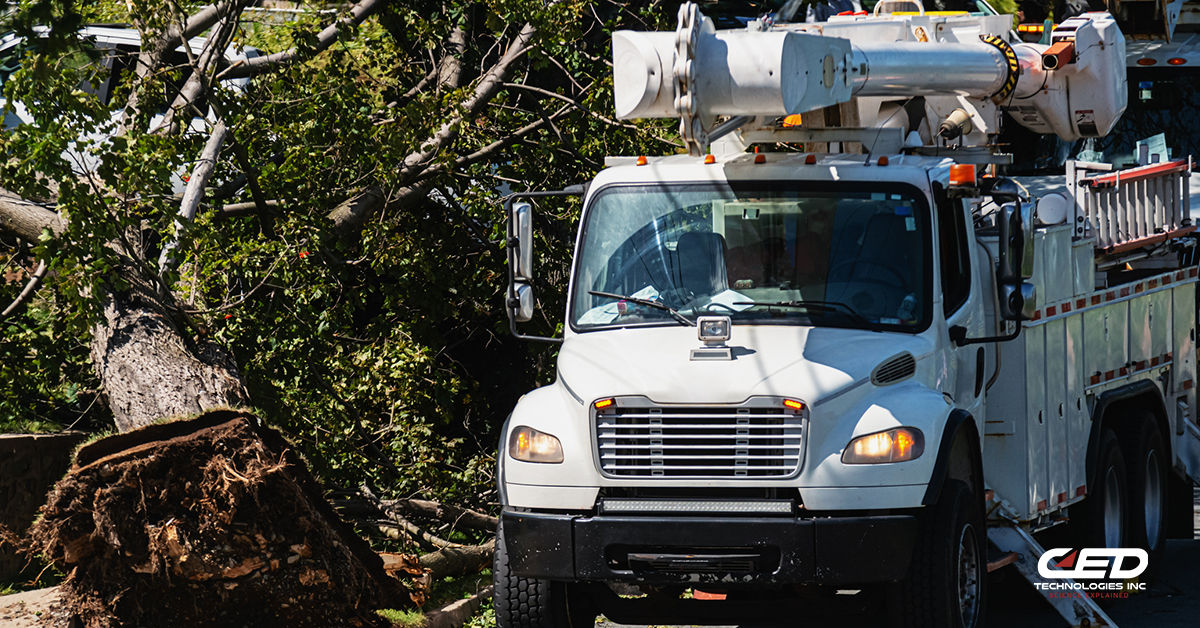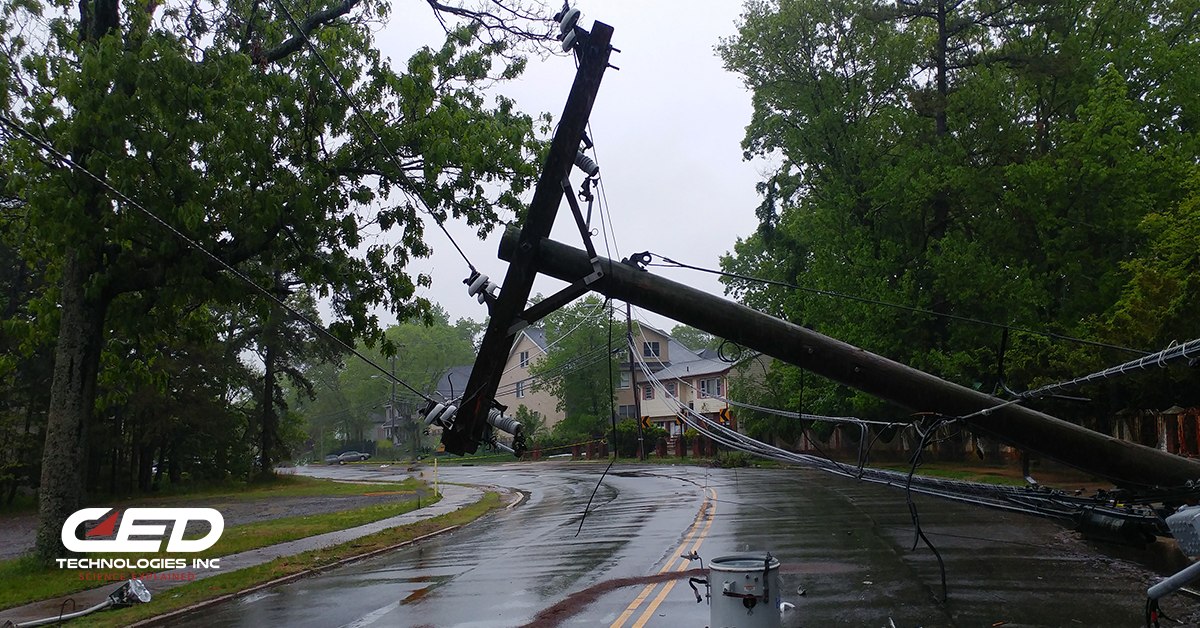Lithium-ion batteries can be found in many consumer electronics such as smartphones and laptops, as well as in electric cars, power tools, and medical equipment. The main reason for this large-scale usage lies in the storage capacity of lithium-ion technology. Due to their size, weight, and low cost, lithium-ion batteries are an efficient energy source for electronics.
Lithium-ion batteries can also have a downside. Internal shorts can be caused by mechanical damage, like crushing or puncturing, exposure to water or extreme heating, and overcharging. This can result in the fast release of heat and energy from the battery, known as “thermal runaway”. This phenomenon can cause fires or explosions. All lithium-ion batteries have specifications for their proper use, charging and storage; violating or ignoring any of these specifications can, at the very least, void warranties or damage the battery, and more severely, could cause a fire or explosion.
Whether charging your smartphone or plugging in your electronics for an energy boost, the following safety precautions greatly lower the risk of thermal runway:
- Only buy replacement batteries from a reputable manufacturer or supplier.
- Unplug devices when they are fully charged to avoid overheating, and avoid storing at high temperatures. Do not keep batteries in hot vehicles.
- Store batteries in a cool, dry place away from flammable materials. Avoid leaving your phone charging on your bed, or leaving a blanket covering your plugged-in laptop.
- If you notice that a battery is damaged, leaking, bulging, or overheating, immediately remove the device from service and place the battery on a non-flammable material and consider disposing of it.
- Never throw lithium-ion batteries, or any other battery, in the trash. Find out where to recycle used lithium-ion batteries here.
- Avoid overcharging your batteries. Car chargers are notorious for overcharging batteries. Using any charger other than the one intended for the battery can increase the risk of damage.
Lithium battery technology is still relatively new. As this technology has advanced, improvements such as integrated battery management systems (BMS) and more stable internal chemistries have resulted in lithium batteries that can be safer than their lead-acid counterparts and provide many advantages. Our webinar recording further explains the conveniences and dangers of these batteries.
If you have a case or claim involving a battery-related fire, the expert engineers at CED Technologies can assist. We have mechanical and electrical engineering experts that are Certified Fire and Explosion Investigators (CFEI) and Certified Vehicle Fire Investigators (CVFI) who can determine and analyze the origin and cause. Submit a case for review online or contact us.
Click Here To See Our Full List of Experts Click Here To Submit an Inquiry about a possible Claim or Case.






